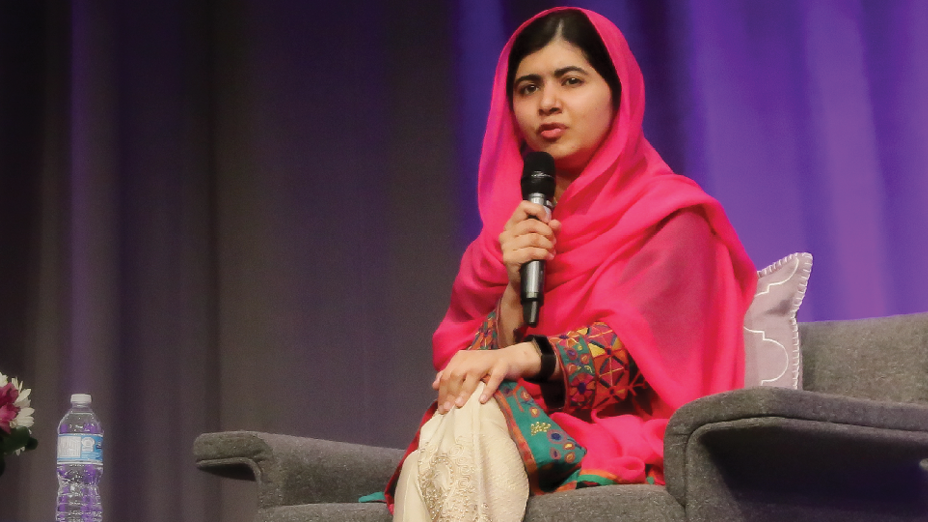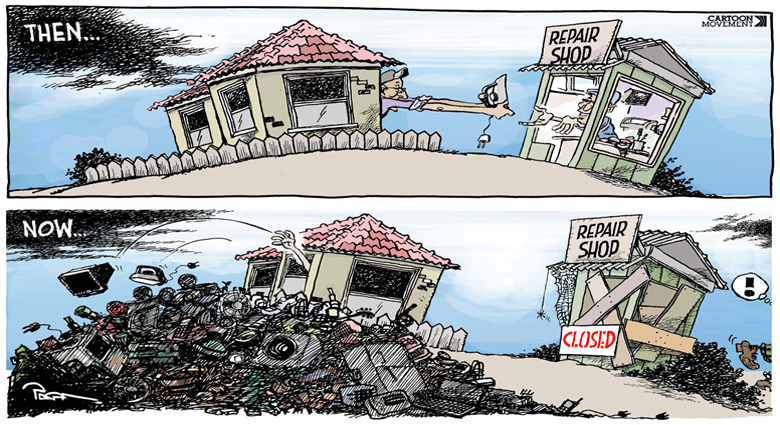Tell us about Electronic Arts.
EA is a global leader in interactive entertainment software. We make video games! We deliver games, content and online services for Internet-connected consoles, personal computers, mobile phones and tablets. Here in Vancouver, our studio is home to some of the biggest video game franchises in the world such as EA SPORTS FIFA, which was the bestselling video game in 2016. We employ about 1,500 creative and passionate people here at our amazing campus.
Can you tell us a little about yourself and your background, how did you come to work at EA?
I’ve been at EA for 14 years. You could say that I grew up at EA! I joined EA when I graduated from UBC with a Computer Science and Business degree and I began as a junior project manager working in EA SPORTS. Early in my career I had the opportunity to learn on the job and have been fortunate to have many different experiences - from managing the development of pretty much every domain area of a game, to then growing to manage whole game teams, and ultimately to present day where I oversee development of multiple franchises.
What is your role there? How many people do you manage
I am a Sr Director of Product Development overseeing the EA Sports titles being developed in Vancouver, Canada and Bucharest, Romania. I’m responsible for the EA SPORTS FIFA, NHL and UFC franchises. Together it’s a group of approximately 600 people.
What are some of the unique challenges you face as a leader at Electronic Arts?
Working in video games is very exciting and fast paced, but also comes with a variety of unique challenges. One aspect is working with a wide variety of different disciplines and people from diverse backgrounds. The teams at EA are quite large - a typical game team would include software engineers, artists, designers, animators, UX designers, producers, project managers, data analysts, QA testers, business analysts and more. As such, as a leader you need to be constantly adapting your leadership style to account for all the different job families and ensure that everyone is working cohesively as one team! Another unique challenge is that the key quality measurement for video game experiences is something completely intangible - fun. Fundamentally, how do you measure “fun”? How do we know if the game will be “fun” in time for launch? In order to “find the fun”, game development requires constant iteration. And that is definitely the most challenging aspect of developing games. The best thing we can do to overcome that uncertainty is to expect and plan for change, all the time. Making games is not about building the perfect plan and then executing on it. Rather, it is about adapting to a constantly shifting set of requirements and reevaluating our plans all along the way. Balancing this amount of change while ultimately ensuring that the game gets completed to quality, on time and on budget is a true challenge for any leader!
You must have worked with some great leaders over the years! Tell us about some of them and the impact they have had on you.
I certainly have had the opportunity to work with many great leaders over the years, but the one that stands out the most in my mind is Andrew Wilson who is currently the CEO of EA. Andrew used to run the FIFA franchise and I was one of the managers on his team at the time. He was truly a very inspiring leader, but most of all Andrew made us believe. He made us believe that we were the most important team working on the most important product in all of EA. He saw FIFA as the greatest and best selling video game franchise in history long before any of us did. And with a relentless drive for producing the highest quality of work he led FIFA to the top of the charts where it remains to this day.
What is your leadership style? What do you think makes you an effective leader?
I don’t think I have one particular style, so I definitely believe in exercising situational leadership and adjusting my approach based on the situation and the people involved. My style varies greatly; I can be very much in the details as required when I’m working on budget submissions or audits of projects, to more of a coach when I’m helping another leader grow into their role and new responsibilities, to a more transformational type leader when I’m challenging the team to improve our existing process and practices. I think the key to leadership is being self-aware enough to know both your true strengths and weaknesses, open enough to listen to the team around you and humble enough to be willing to learn from your mistakes, adapt and move forward.
What do you look for when you hire for leadership roles into the organization?
We hire people with a wide range of professional backgrounds, and although game development would be a strong asset, it’s by no means a requirement.
For senior leaders, we’re looking for people with experience running largescale, complex projects and leading large teams. For more junior/entry-level roles, we’re looking for those who are passionate and willing to learn. And across all levels, we look for natural leaders with good interpersonal skills, passion and who are strong problemsolvers.
The tech industry has traditionally been fairly male dominated. What has your experience been like as a female leader?
Yes, software development is still a male-dominated field but there are plenty of women at EA as well, and quite a few in senior leadership roles. EA has a strong focus on diversity, where across our organization we strongly believe that in order to make game experiences that appeal to a large array of people we must have as much diversity in our teams as possible. This is not just about women in tech, but being inclusive of all types of diversity. The more diverse our teams are the better our game experiences will be. There’s no better example of this than the FIFA team, which has such diverse backgrounds that there are 23 unique languages spoken in the development team. Overall, my entire experience at EA has been tremendously positive and to be honest I have never felt limited or challenged because I’m a woman. My career has always felt like it has progressed forward due to my performance and delivering results - EA is a true meritocracy.
Your role carries a great deal of responsibility and must keep you very busy. How do you balance that with your personal life?
It can certainly be difficult at times. There have been times when I have really struggled, and still do to a certain extent now as I try to find that right balance. Thankfully, EA is a modern workplace, where I have the flexibility to adjust the hours in the office and occasionally work from home if needed. Also, one of the key things for me was realizing that I need people’s help and accepting that help. I am very fortunate to have a true partner in my husband who is incredible supportive and understanding of my job’s demands. My parents have also been instrumental in helping with the day-to-day responsibilities of carpools, after school activities and all the fun stuff that comes with having two young kids. I run a very detailed calendar for home - I am a project manager after all - and it takes a lot of planning and communication to keep it all running smoothly!
Interview with Natali Altshuler





.png)



What Did You Think?